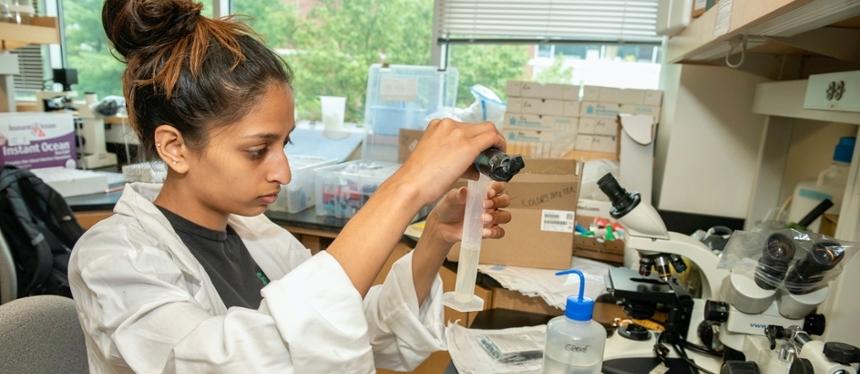Cannabis Research
Cannabis Research
Rowan University Institute for Cannabis Research, Policy, & Workforce Development
Center for Cannabinoid Science & Therapeutics
Research
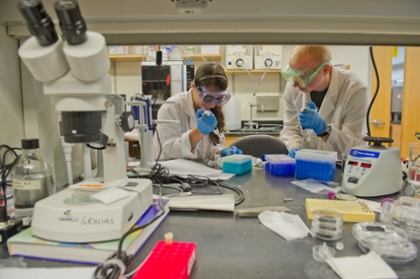
Chemistry Group
In the Chemistry Cluster, research is focused on two areas: (1) chemical analysis and (2) chemical synthesis. Standard and portable analysis instruments are used to quantify and identify cannabinoids in various plant, food/beverage, and consumer care products, along with clinical samples such as blood and urine. We also use novel measurement techniques to identify cannabinoids and verify their chemical identities prior to testing their impacts on biological systems. Large-scale chemical synthesis approaches to generate new synthetic cannabinoids with desirable qualities such as increased bioavailability, specificity, and non-psychotropic biological activity are also being developed. The goal of these approaches is to identify therapeutically desirable versions of cannabinoids which can be used clinically with minimal side effects.
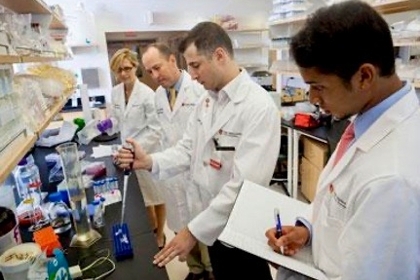
Pharmacology Group
Cannabinoids target specific proteins in the brain and other tissues to exert their effects. Cannabinoids can also target other processes such as tumor growth and immune cell function with important consequences for human health. We systematically investigate the effects of known and novel cannabinoids on cellular function using high-throughput screening techniques, specifically focused on cell biology and pharmacology. These studies are central to determining how these compounds function inside the body and in designing more effective therapeutic compounds.
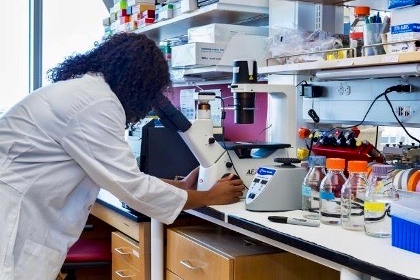
Behavior & Therapeutic Use Group
There are well over 100 cannabinoids that may have biological impacts in humans. The potential effect of these cannabinoids on behavior relevant to human health, including brain development, memory, addiction, anxiety, depression, and pain are studied here. These studies are complemented with direct measurements of the effects of these compounds on neuron function in the brain, spinal cord, and other relevant preparations to examine the mechanisms of action. This research is critical for evaluating the potential health risks and therapeutic benefits of these compounds.
Education & Workforce Development
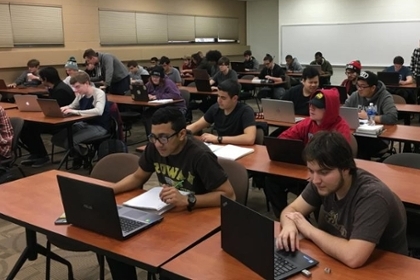
Higher Education Certificates & Training
Courses are being developed for both STEM and non-STEM majors at both the undergraduate and graduate levels. For non-STEM majors, a series of general education courses more broadly target students who wish to gain a practical understanding of the medical, physiological, pharmacological, and socio-economic roles of medicinal cannabis and related products. For STEM majors, courses will be developed to explain the research techniques used to determine the chemical and biological properties of cannabinoids and describe their biological impacts.
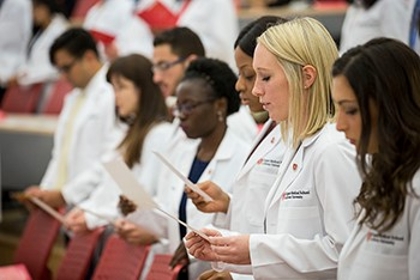
Health Professionals Continuing Education
Seminars and conferences designed to offer continuing education (CME) credit for medical professions are in development. Additionally, informational online seminars/webinars and other online resources for medical professionals are being created.

Public Outreach
With rapidly developing scientific and medical information competing against sensationalized & advertisement-based information, the public deserves a fact-based, data-driven resource for information on the topics of medicinal cannabis and related products. Our approach to educating the public is multidimensional, using web resources, continuously available webinars, live seminars, and a resource toolkit for those looking for trusted information.
